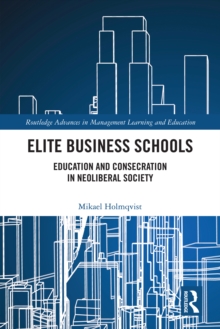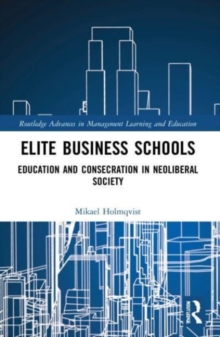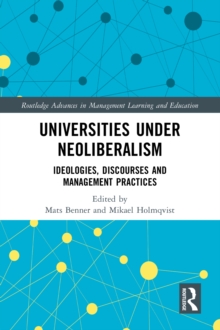
The Business School Curriculum Debate : Scientific Legitimacy versus Practical Relevance PDF
by Alexander Styhre
Part of the Routledge Advances in Management Learning and Education series
Description
With more than 14,000 business schools worldwide, what is included in their curricula matters for how the economy and the corporate system are managed. Business schools should be subject to scholarly inquiries and critical reflection. While many studies of business schools examine its general role in the tertiary education system and in society more broadly, this volume examines how one specific theoretical perspective and a normative model derived therefrom were developed and gradually appropriated within the business school setting. This volume demonstrates that agency theory, based on a daring conjecture that firms can be construed as bundles of contacts, rose to prominence in the business school context. It examines how the elementary proposition of agency theory, that the firm is to be considered theoretically and practically as a "nexus of contracts," was never consistent with corporate law and contract law, and it was empirically unsubstantiated.
Business schools are under pressure to teach not only practically useful theories and models, but also theories that are also scientifically qualified. Despite having this ambition, certain theories are widely taught despite failing to live up to such declared ambitions, which means that business schools may be criticized for including theories on ambiguous grounds in the curricula. This book examines how business schools seek to honour the ambition to teach both scientifically verified theories and practically useful concepts and models, and how the tensions derived from this duality may be problematic to handle. It will be of interest to researchers, academics, and advanced students in the fields of management education, organizational studies, and legal theory.
Information
-
Download - Immediately Available
- Format:PDF
- Pages:172 pages
- Publisher:Taylor & Francis
- Publication Date:03/03/2023
- Category:
- ISBN:9781000847376
Other Formats
- Hardback from £125.00
- EPUB from £35.99
Information
-
Download - Immediately Available
- Format:PDF
- Pages:172 pages
- Publisher:Taylor & Francis
- Publication Date:03/03/2023
- Category:
- ISBN:9781000847376










